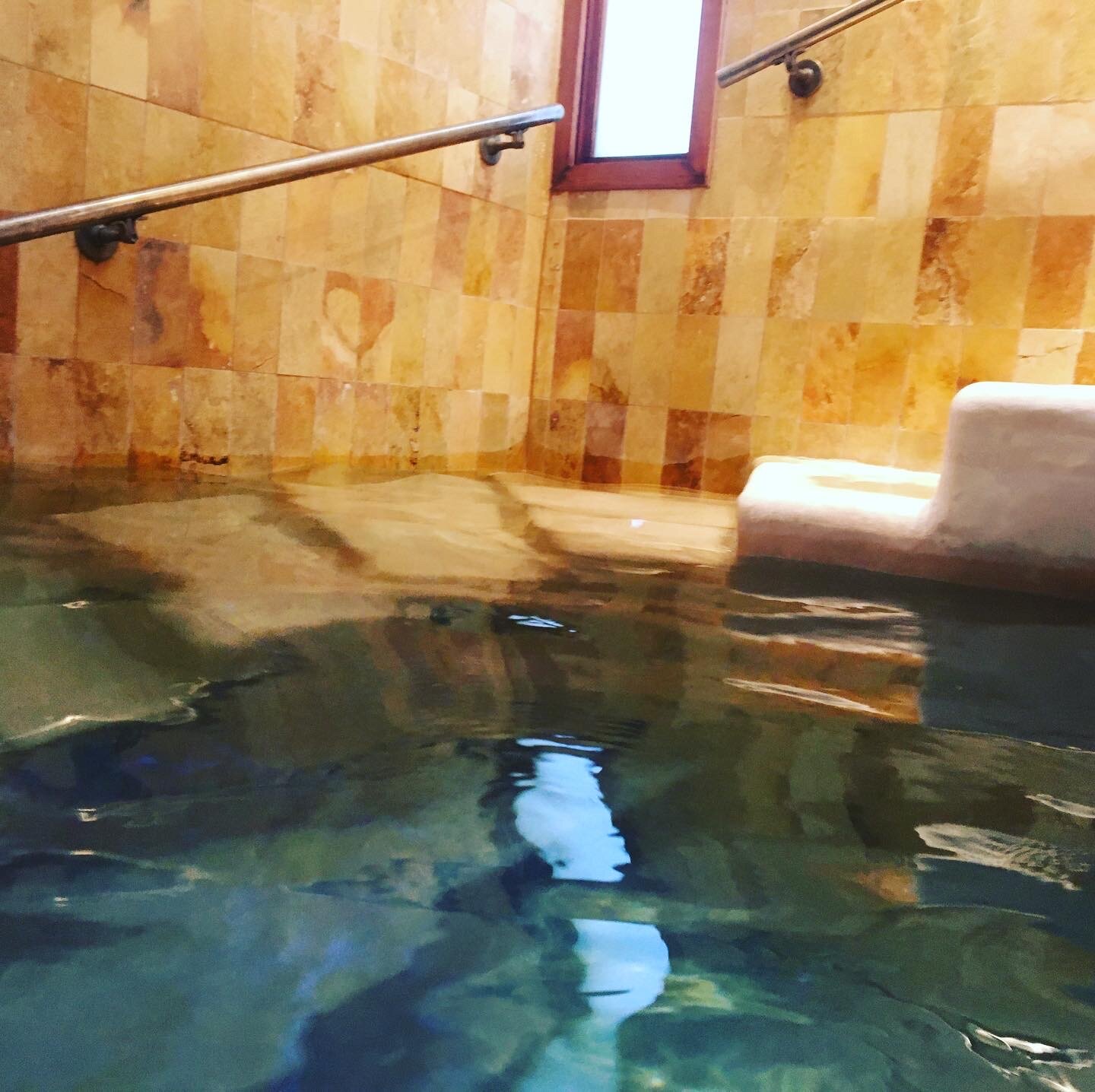Jews Are Water Protectors: We Just Don’t Know It Yet
This was originally posted on the Mayyim Hayyim Blog at A New Perspective for a New Year - Mayyim Hayyim in September 2019.
My body constantly yearns to connect with water: to feast on its depths with my eyes, to sense its movement under my feet as I walk through a stream, to feel it envelop me as I immerse in it. As a Native Jewish woman who traces my ancestry to the Indigenous Muisca people of Bogotá, Colombia, I have a lot of earth-bound energy. The water balances this with a gentle reminder that time is a river. I am in its flow: constantly moving forward and changing. I especially notice this when I am not near a flowing body of water: I feel trapped and unbalanced.
This is why I marvel at the wisdom of our ancestors in the creation of a ritual around water. Mikveh involves our entire body being immersed in water with no barriers between us and this vital element. It reminds us to return to ourselves and our communal ways of life, that we don’t belong to our schedules or our bosses but to each other as Jewish people, and to the very earth itself. Our communities are very fortunate to have access to a natural body of water that we can use for this purpose.
Native communities around the world have had to wage huge struggles to gain sovereignty over bodies of water that are sacred to them. The Yurok Tribe in California, for example, has been fighting for water rights to the Klamath River since their first agreement with the United States in 1851. The river was granted personhood a few weeks ago in 2019, inspired by the government of New Zealand granting personhood rights in 2017 to the Wanghanui River that is sacred to the Māori people. Native people have had to wage huge fights as water protectors all over the world. The total of Mayyim Hayyim’s interaction with the state to create the mikveh was applying for the right permits – no long drawn out legal battle, no calling out the National Guard in response to mass protests, no arrests on trumped up charges.
What our community has forgotten about our sacred mikveh ritual is that it makes us water protectors. We have sovereignty over natural bodies of water all over the world that are used for sacred purposes and are under communal ownership. This is a huge deal.
Many Jewish activists are seeking ways to fight back against climate change. My response is to get involved with your local mikveh. Do the work internally to make being an anti-racist institution a core part of your strategic goals. Do the work externally by allying with Native water protectors where you are and standing with them in their struggles. And come to immerse in our beautiful mikveh to nourish your spirit and refresh your body along the way.
